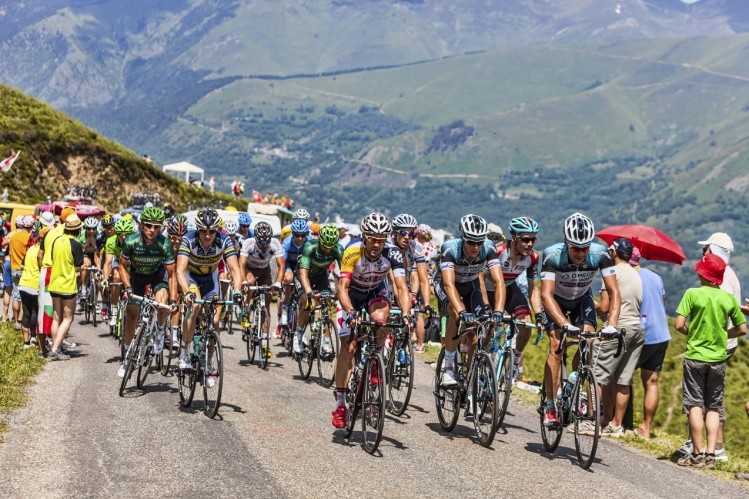Special edition: Sports nutrition
Carbs to protein ratio for sports nutrition based on ‘old science’, says expert

Some sports nutrition experts state that the best blend of carbs to protein is 3:1, but such a ratio is out of date and not backed up by the evidence, said Anthony Almada, CEO of Vitargo Global Sciences.
“We know now from a series of studies from several different labs it’s about 0.4 grams of protein per kg of body weight to get the maximal muscle protein synthesis or anabolic response,” said Almada. “If you go back to the origins of the ratio, you took a small amount of carbs – 50 or 75 grams – and you added protein it would increase the body’s insulin response and how much of the carbs got into the muscle.
“That same group, led by John Ivy, almost 15 years later it took him after other groups showed it, found that if you took enough carbs the protein doesn’t add any additional benefit to the muscle carbohydrate deposition. The ratio is largely anchored in old science and in patents and products that came out in the early 1990s. That ratio is irrelevant.
“People who are training for stage races who have much higher intakes, if they were living by that ratio it would be a very interesting diet to watch. It may be unpalatable. We don’t know how much is being absorbed. We don’t know what’s happening to the gut flora. It’s an interesting enchantment with the ratio but the evidence doesn’t highlight that.”
Specialty carbs
As part of our upcoming Science of Sports Nutrition Forum to be broadcast on Sept 24, Almada also addressed some of the other specialty carbohydrates positioned in the sports nutrition sector. He is not convinced by ribose (“We’ve done a couple of studies and we’ve not found benefits in cycling performance”), while he notes that some studies have reported that isomaltulose may cause bloating, and it’s a slower burning carb.
On highly branched cyclo dextrin, Almada said that there is widespread misinterpretation of one study when it was compared to maltodextrin, which is the fastest generic gastro-emptying carb. “It was shown in that study from Japan (that was 10 years ago) to be half as fast as maltodextrin,” he said. “The only time it’s faster when you combine with a unique cocktail of other ingredients that nobody sells. So the actual carb-to-carb data of HBCD show it to be significantly inferior to maltodextrin.”
On the issue of bloating, Allen Lim, CEO of Skratch Labs, told us that scientists often look at that these carbohydrates because they are unique in solution and before we drink them and put them in the body. “We have to think about the in vitro and in vivo situation,” he said.
“Take something like maltodextrin – you can have from three to 20 molecules of glucose. You can potentially pack in more calories into a solution at the same osmotic pressure,” he said.
“Let’s say you take 10 sub-unit maltodextrin and you keep it at an osmotic pressure of 100 milliosmoles – so really low compared to blood, which is at 280 milliosmoles – what people don’t consider is that when you digest that down to the individual glucose sub-units. If it’s got a really high gastric emptying rate by the time it gets to the gut you now have a solution that now has ten times the osmotic pressure. And this might be why some of these carbohydrates produce GI distress, which is ultimately the bottom line for me in terms of whether or not it’s practical,” said Dr Lim.
The Science of Sports Nutrition
Anthony Almada and Allen Lim are joined by Dr Jose Antonio, CEO of the International Society for Sports Nutrition, for our one hour forum on the Science of Sports Nutrition, to be broadcast on September 24. For more information and to register, please click HERE.














